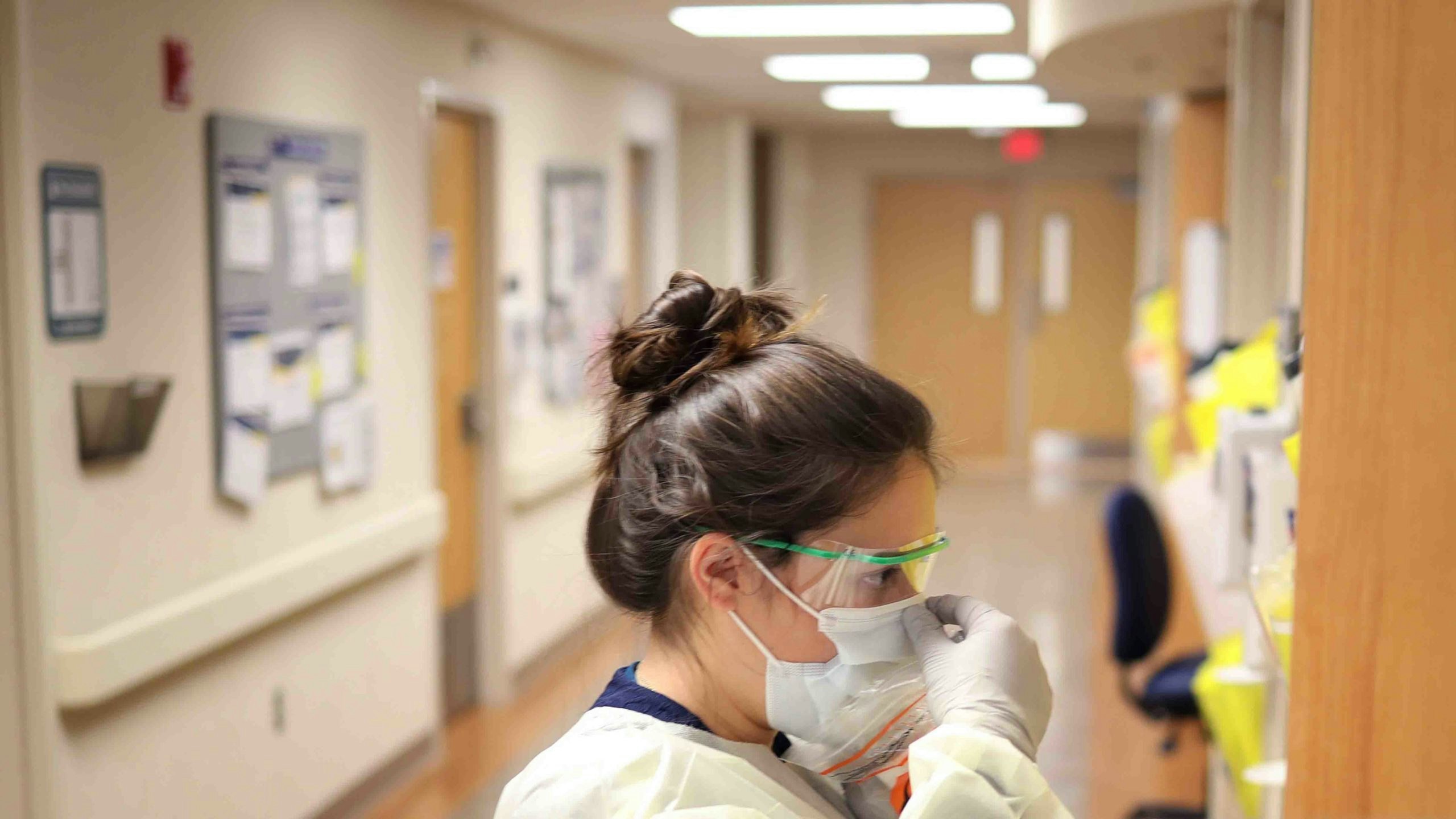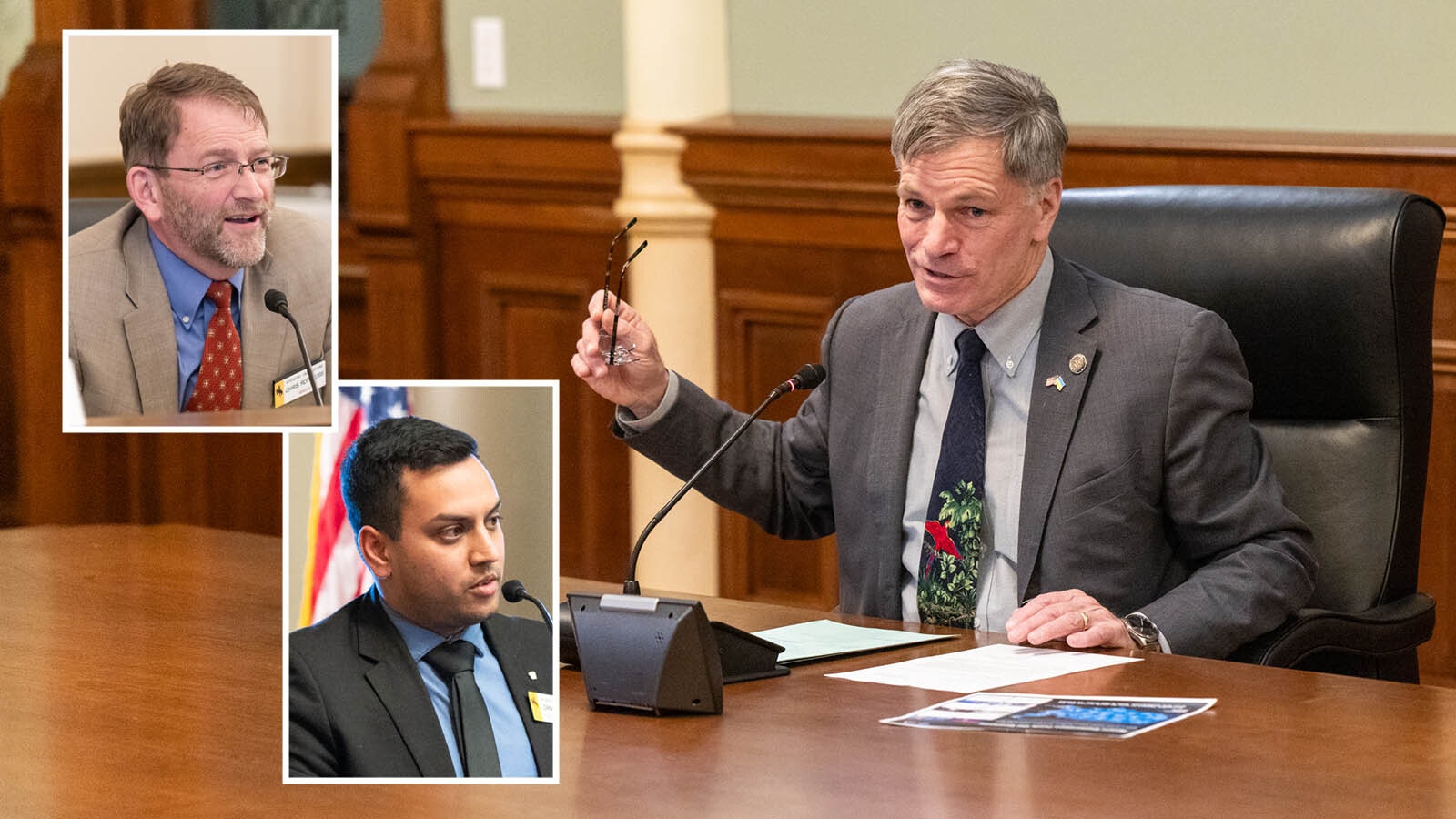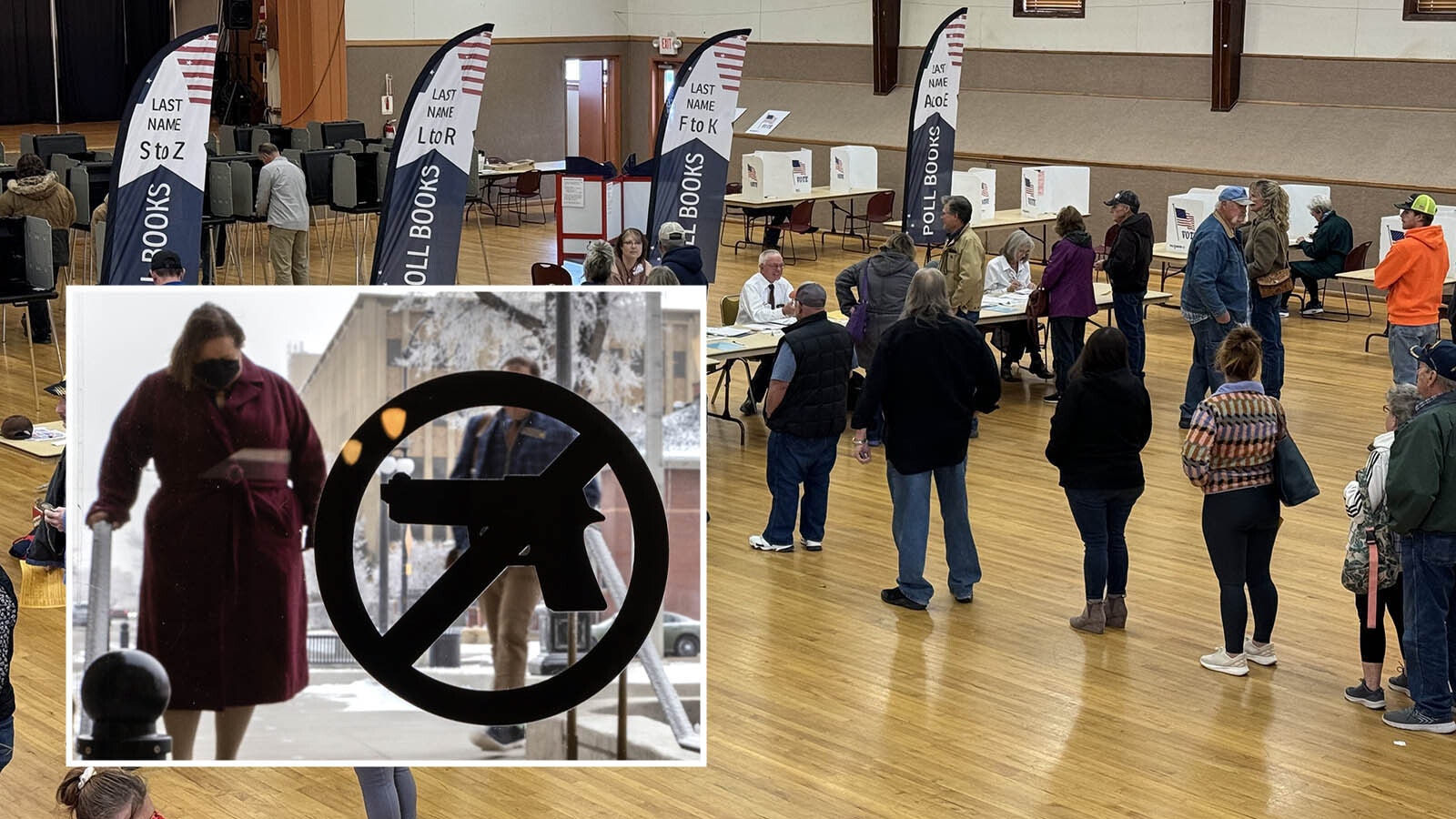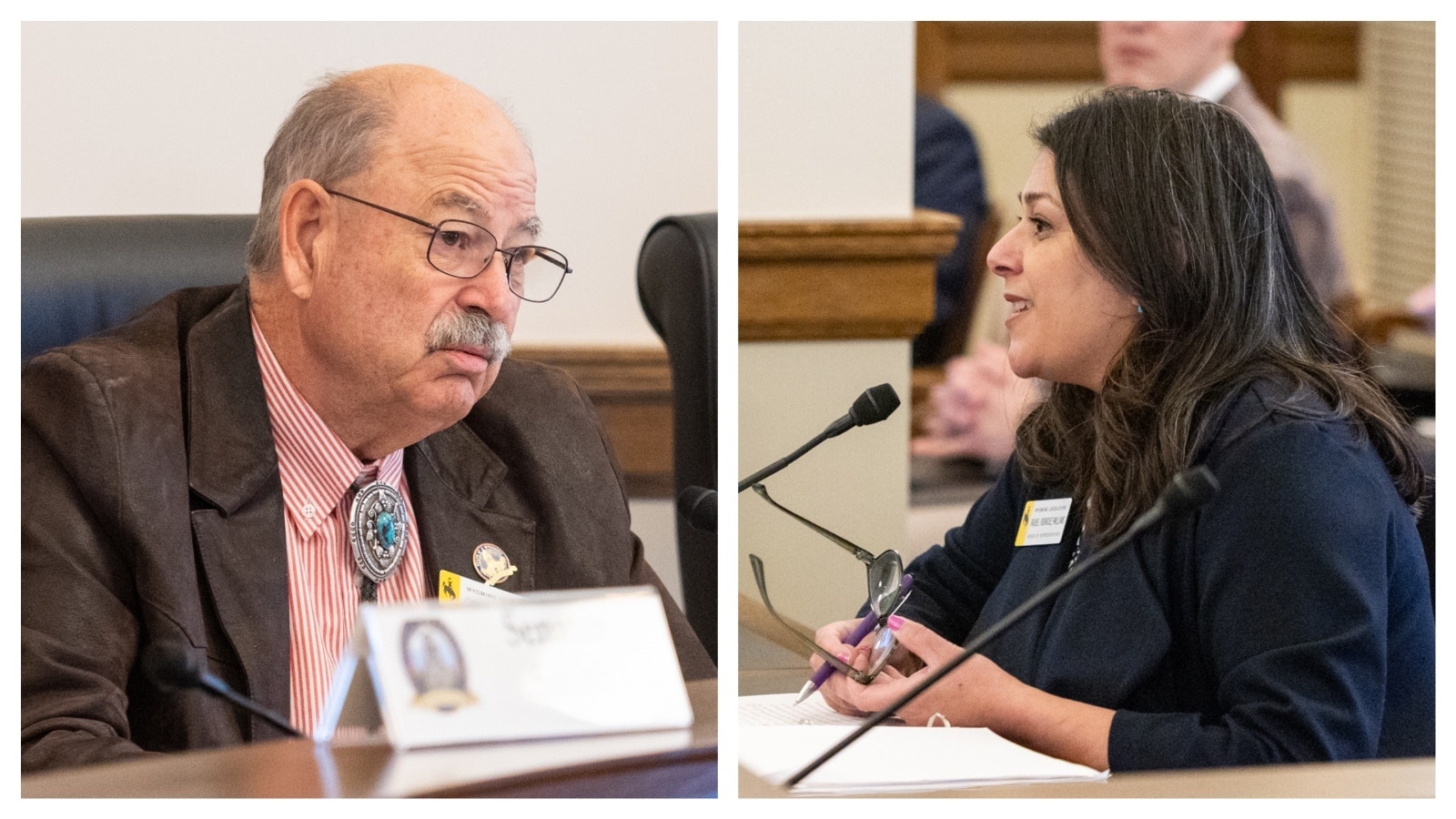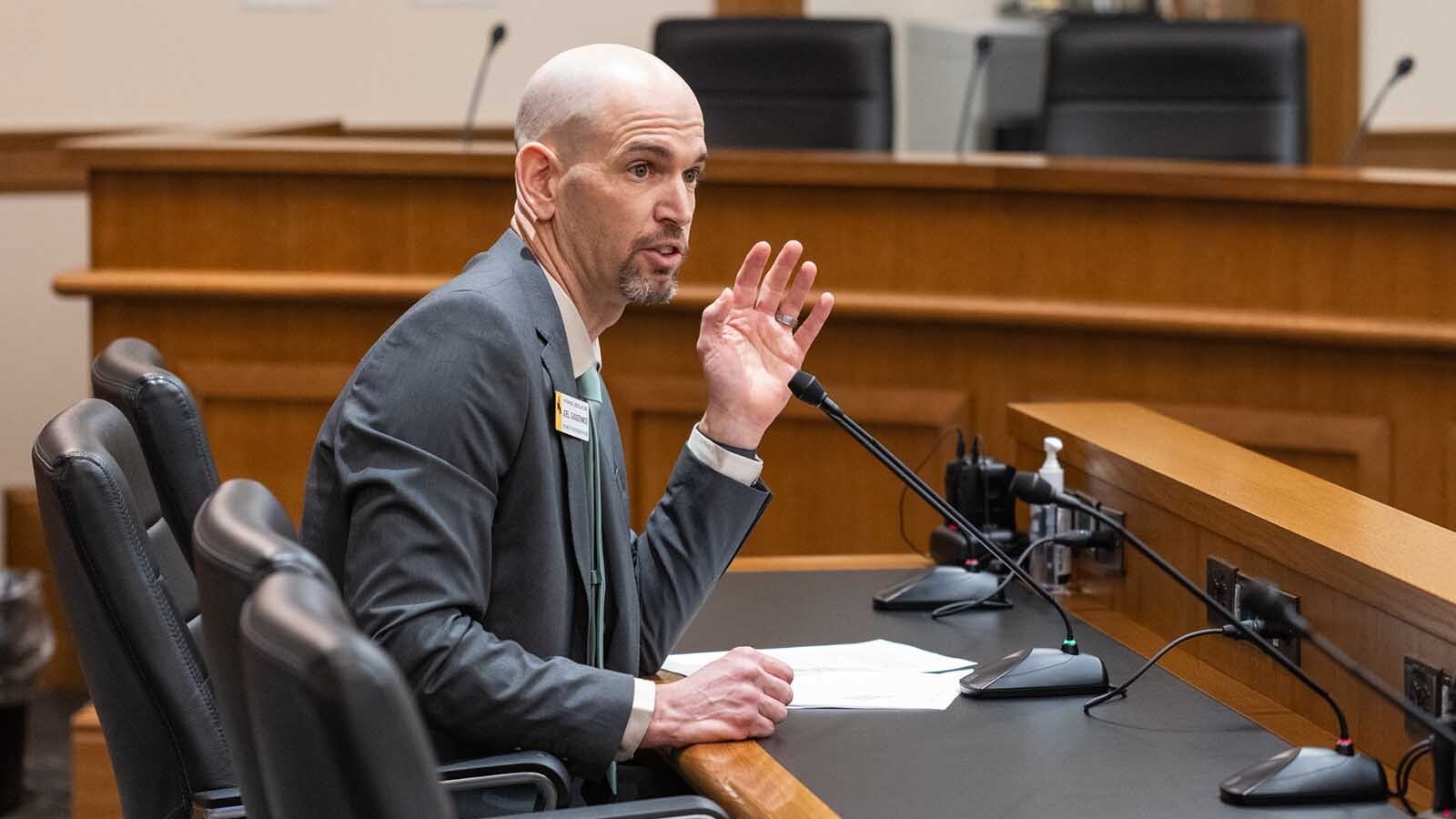By Leo Wolfson, State Political Reporter
Leo@Cowboystatedaily.com
It’s likely never been more lucrative to become a nurse. Rampant shortages in the industry has health care providers offering large sums to entice nurses to sign on to work for them.
Heidi Glanz, a manager at Worland Healthcare and Rehabilitation Center, told Cowboy State Daily she used to pay registered nurses at her facility $27-$28 an hour before the COVID-19 pandemic. Now she pays $45. She used to pay certified nurse assistants $14-$15, but is now paying $22.
Even so, she’s understaffed.
“You’re throwing in (things like), ‘If you pick up this shift, I’m going to give you a $100 bonus.’ We’re just taking ourselves out,” she said.
Bidding War
While her center is paying $45 an hour for nurses, the widespread shortage has prompted other health care providers to pay even more.
“Across the street, you can go to the hospital and make $60 an hour with a $20,000 sign-on bonus, where I’m just offering $40 an hour and a $10,000 sign-on bonus,” Glanz said. “If you don’t want a commitment to the building have great longevity, you’re just going to hop around.”
Because of the shortage of nurses, facilities have become more dependent on traveling nurses for their services.
Brianne Siebert, a Riverton nurse, said some of these nurses are making more than $70 an hour and bring home $4,000 weekly paychecks, while their permanent counterparts are making $25-$30 per hour. Despite lacking advanced schooling, Siebert said some of the traveling nurses are making nearly as much as certified nurse practitioners like herself.
Many of the traveling nurses are from Wyoming and moving around the state, creating fierce competition between Cowboy State employers.
“We’re all competing for the same pool of people that is across the nation,” said Jen Davis, head of Health and Human Services for Wyoming.
Bonuses
Many have also said the pandemic exacerbated an already less-than-ideal nursing workforce.
“The crunch of staffing, that’s probably worse than tenfold (now),” said Lea Lowe, a Cheyenne administrator for EmpRes Healthcare, which owns the Granite Rehabilitation and Wellness Center.
Siebert already received a $1,500 bonus as a part-time nurse offered through the state of Wyoming toward the end of the pandemic.
Siebert recently received a much more generous bonus when taking her current job as a certified nurse practitioner, a position requiring a master’s or doctorate-level degree. Siebert said she is now making significantly more than the industry average range for her position.
Wyoming Crisis
On the flip side, Maya Walker, an administrator for Granite Rehab, said there was a time during the pandemic when nursing jobs were nearly impossible to find.
“I had a bunch of friends who finished their nursing school, they wanted jobs,” Walker said. “They couldn’t get into a hospital. Nursing homes were scary. Why would you go into a nursing home? Everyone’s dying there.”
Walker said she knows many nursing school graduates who opted to go work at Walmart or as bartenders.
AARP’s COVID-19 Nursing Home Dashboard suggests that 62.9% of Wyoming facilities are experiencing a staff shortage, the nation’s second highest rate, well ahead of the national average of 23.9%.
The statistics mark a disturbing trend for Wyoming, which Carolyn Paseneaux of the Wyoming Health Care Association expects to have the highest percentage of elder people in the country in a few years.
Siebert said the shortages have caused the quality of patient care to decline significantly. Glanz said the Amie Holt Care Center in Buffalo had to shut down an entire wing because of staffing.
COVID Effect
When the pandemic began, many medical care facilities started offering higher wages to new nurses than what they were already paying their veteran employees, along with signing bonuses. Siebert said this didn’t sit well with many of those nurses, causing them to leave the profession.
“It was absolutely disheartening,” she said.
The long hours and arduous demands of the pandemic also didn’t help the situation.
“A lot of nurses just got burned out,” Siebert said. “A lot of facilities didn’t treat them well.”
Glanz said that during the worst of the pandemic, they were able to take advantage of a federal emergency guideline that streamlined training for entry-level certified nursing assistants. When the state of Wyoming lifted its COVID-19 emergency declaration in March, health care facilities had to return to the original training regimen for nurses.
“Everything that we had done up to COVID was so strict,” Glanz said. “COVID happened, it was like #no rules.”
State Can Help
She asked Gov. Mark Gordon during a small gathering of nurses in Cheyenne on Thursday morning, to look into returning this flexibility to health care providers.
Glanz also reflected on the nightmarish scenarios she and her staff had to go through working days on-end away from home. When they did finally return home, they would immediately undress and go into the shower. In a small community like hers, Glanz said she knows the families of almost every patient, making it all the more heart-wrenching when they don’t make it.
It’s hard enough for senior to transition from their own homes to a nursing home, let alone doing so without adequate care. Glanz said during the height of the pandemic, some seniors had to go a full year without leaving their rooms. Many families were not able to be in the same room as loved ones living their final moments while dying from COVID-19.
Gordon said the federal mandate requiring all health care workers receive a vaccine was “really poorly thought out” and “horribly implemented.”
Wyoming’s health care staff is 80% COVID-19 vaccinated, 8% below the national average. Only 32% of the state’s health care staff working in nursing homes is considered fully vaccinated or vaccinated and not due for a booster shot.
Traveling Nurses
Glanz also requested the state implement caps on the amount of money traveling nurse agencies can pay in Wyoming. This type of action would require action from the Legislature.
For many traveling nurses, the money is too good to turn down.
“They’re not taking care of their own community because of the wages,” Siebert said.
Gordon questioned if traveling nurses end up making much more money when they get done paying subscription and other management fees. He wants the state to start providing information like this out to the public and community colleges to do a better job advertising the value of becoming a nurse.
“I don’t think we’ve done a really good job of educating folks about what the consequences of choices are,” he said. “Career choices in terms of financial stability and so on.”
Gordon said about 67% of Northwest College in Powell’s nursing graduates end up becoming traveling nurses or going to work in Montana. He said the state needs to look at offering scholarships that require nursing students stay in-state after graduation and apprenticeship and internship opportunities.
“I am hopeful that we can pivot a little bit to be able to engage kids at a younger age of high school and even middle school to start thinking about all the great careers,” he said.
Siebert said the difference in pay has created divisions among the traveling and permanent nurses, the latter of which tend to be much more ingrained in the respective communities they are working in.
“When you don’t have a permanent buy-in, you just go home and leave when your shift is over,” Siebert said. “When it’s your home, you’re much more impacted by the patients you are working with.”
But Glanz said she has some traveling nurses that have bought into the Worland community, attending high school football games and other events.

